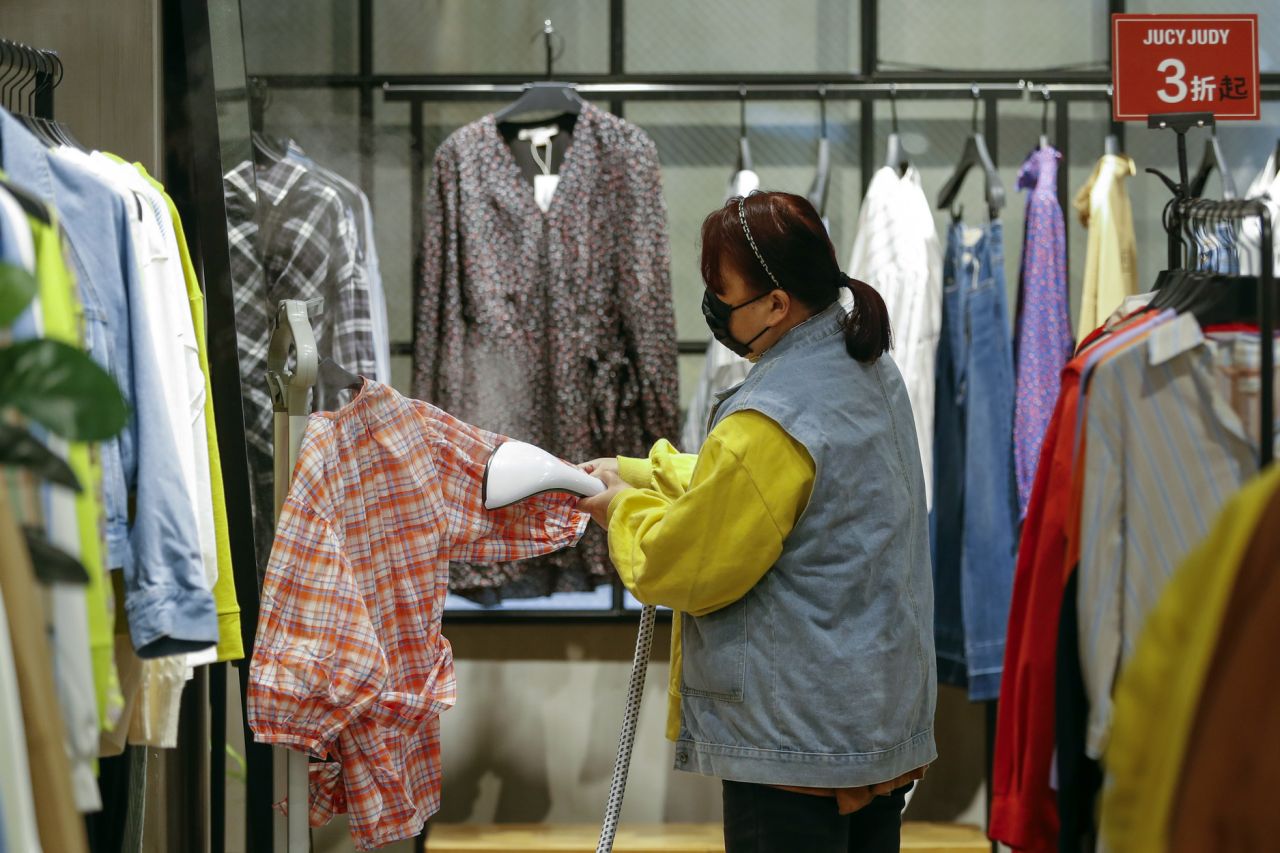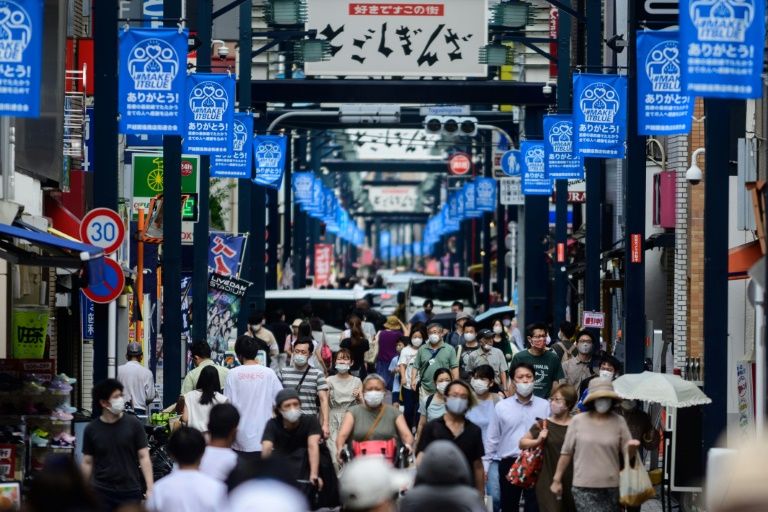Ukraine premier stays on, envoys agree on crash site route
Reuters
Ukraine\’s parliament rejected Prime Minister Arseny Yatseniuk\’s resignation on Thursday and finally passed legislation he said was needed to finance an army offensive against a separatist rebellion in the east and avert a national default on its debts.
The assembly\’s about-turn on laws it refused to back a week earlier offers relief to Kiev\’s Western backers, who had feared Ukraine was sliding deeper into political chaos and might renege on an international bailout as it heads into an election period.
"There are two pieces of news today. The first is that Argentina has defaulted, and the second is that Ukraine has not defaulted and never will," Yatseniuk told the chamber, making clear he would stay in office.
The political battle has been taking place against the backdrop of a military campaign to win back parts of the Donbass region, which borders Russia, from the pro-Moscow rebels.
Having recaptured the rebel stronghold of Slaviansk in early July, government forces are now moving on the cities of Donetsk and Luhansk, with the latter now all but encircled and electricity and food supplies cut off.
Both sides stopped shooting long enough for an initial group of international experts, after several days of trying, to reach the site where a Malaysian airliner came down in rebel-held territory in the east on July 17, killing 298 people on board.
The experts hope a larger team of investigators will also soon have access to the site to recover the remains of the last missing victims and look for evidence showing what brought the plane down.
"It\’s been almost a week since we have been on the site and we haven\’t noticed many changes. Experts said they have detected human remains on the site," said Michael Bociurkiw, a spokesman for an observer team from the Organization for Security and Cooperation in Europe, which escorted the experts.
The group also said fighting around the crash site started again immediately after they left.
Western leaders accuse the rebels of shooting down the Malaysian plane and have imposed sanctions on Russia, which they accuse of arming the separatists, a charge Moscow denies.
There is scant hope of a quick end to the crisis, during which Moscow has annexed the Crimea peninsula from Ukraine, but envoys from Russia, Ukraine and the OSCE met in the Belarussian capital, Minsk.
Kiev said the sides had agreed to keep open the route to the crash site that was used on Thursday, despite fighting in the vicinity.
Thursday\’s vote in parliament was an important sign of political unity from Kiev, which is struggling to deal with an economic crisis as well as the war against the Moscow-backed rebels in the east.
In sharp contrast to a stormy parliamentary session last week at which Yatseniuk bellowed at legislators and accused them of betraying Ukraine by blocking reforms, deputies stood and applauded him after backing the amendments.
President Petro Poroshenko said the new votes in parliament would help Kiev in its fight against separatists.
"We need consolidation, not confrontation," Poroshenko said. "We have to be united against external aggression."
Parliament\’s support was needed to amend the 2014 budget to take account of falling revenue and release an additional 9.1 billion hryvnia ($758 million) to finance the military.
The government also wanted parliament to back legislation allowing consortiums with European or U.S. companies to operate the ageing gas distribution system.
Yatseniuk had said the government would have defaulted on debt payments and missed out on the release of further funds under a $17-billion International Monetary Fund bailout if it had failed to pass the legislation.
"The laws the government is insisting on are unpopular and difficult, but very necessary," Poroshenko said, adding that they would "enable the economy, the state as a whole, to function".
Laws passed on Thursday also introduce an additional 1.5-percent personal income tax until the end of the year to cover the military. Taxes were raised on tobacco and the mining, oil and gas sectors. Nearly 2 billion hryvnias were earmarked for rebuilding of infrastructure damaged by fighting in the east.
The exit of two parties from the ruling coalition last week amounted to the start of a campaign for seats in a legislature still packed with former allies of pro-Russian president Viktor Yanukovich, who was ousted by street protests in February.
Western governments have come to regard Yatseniuk as a key interlocutor in the worst standoff between Russia and the West since the Cold War ended. His departure would have been seen as leaving a vacuum at the heart of decision making.
The United States and European Union imposed sanctions on Moscow this week that were far tougher than earlier measures. Russia has been hitting back.
It announced a ban on fruit and vegetable imports from Poland on Wednesday and a day later placed an embargo on Ukrainian fruit juice. Greek fruit and U.S. poultry could follow, Russian media said.
Source: Reuters
[do_widget_area inner_adsbar]











